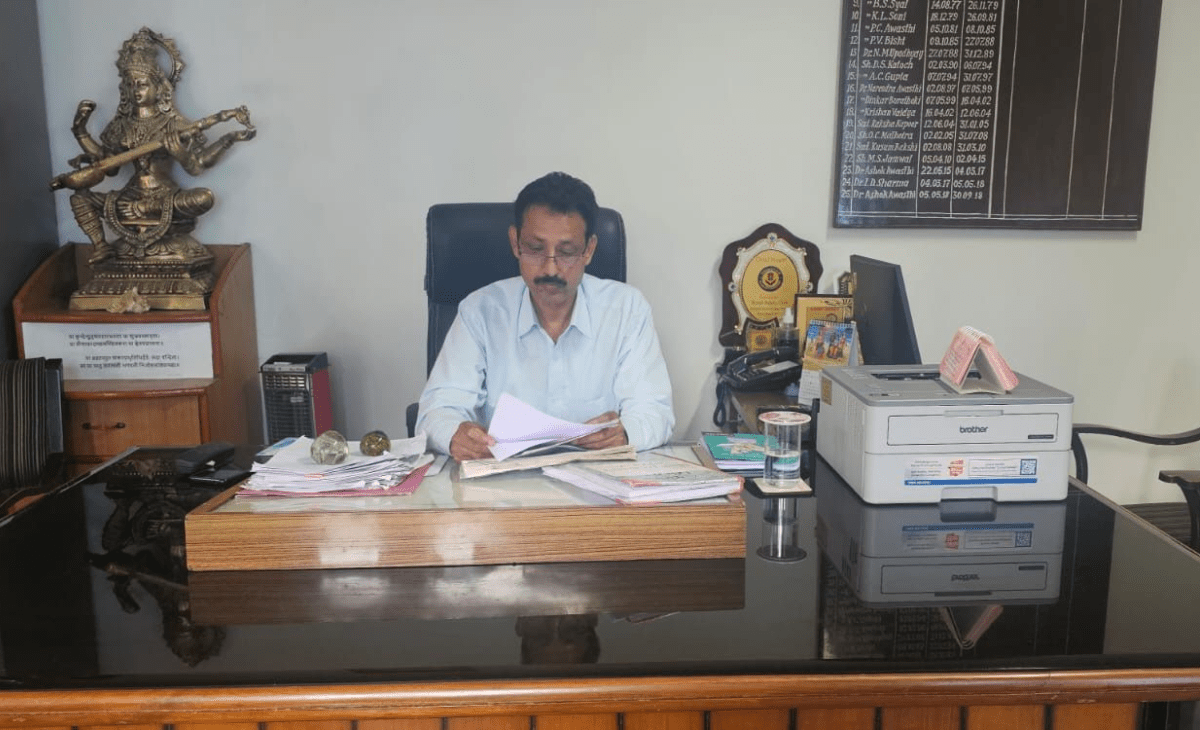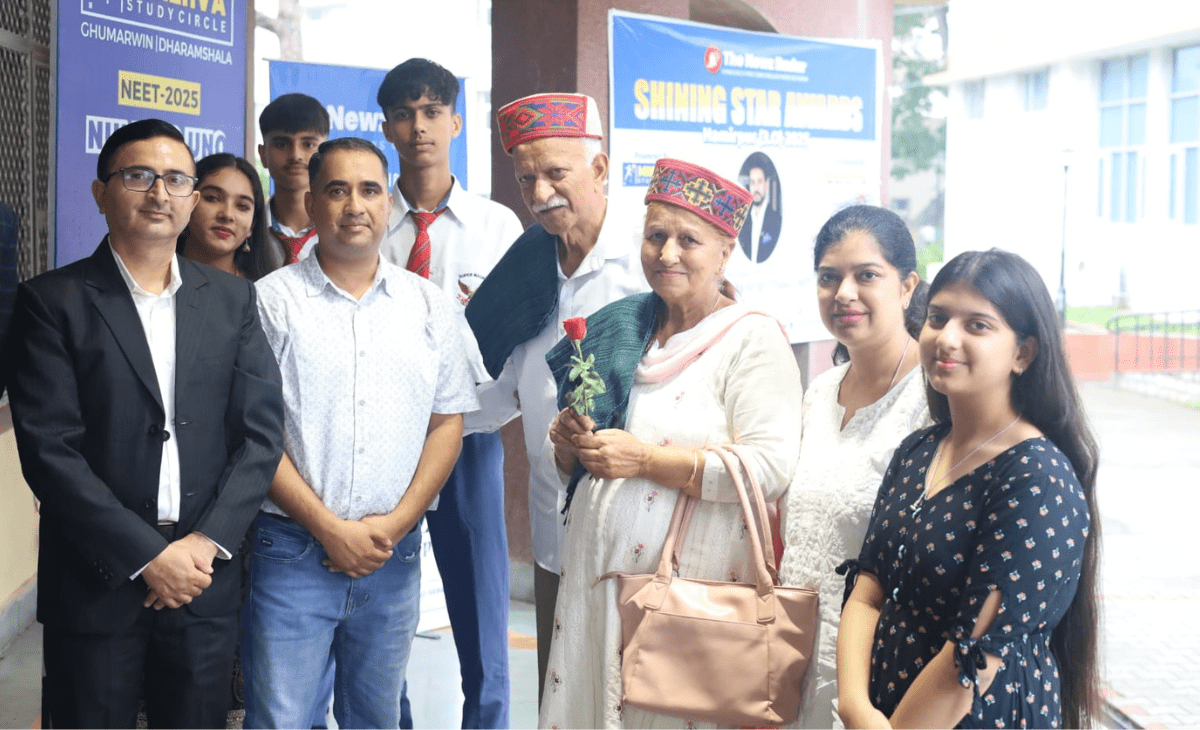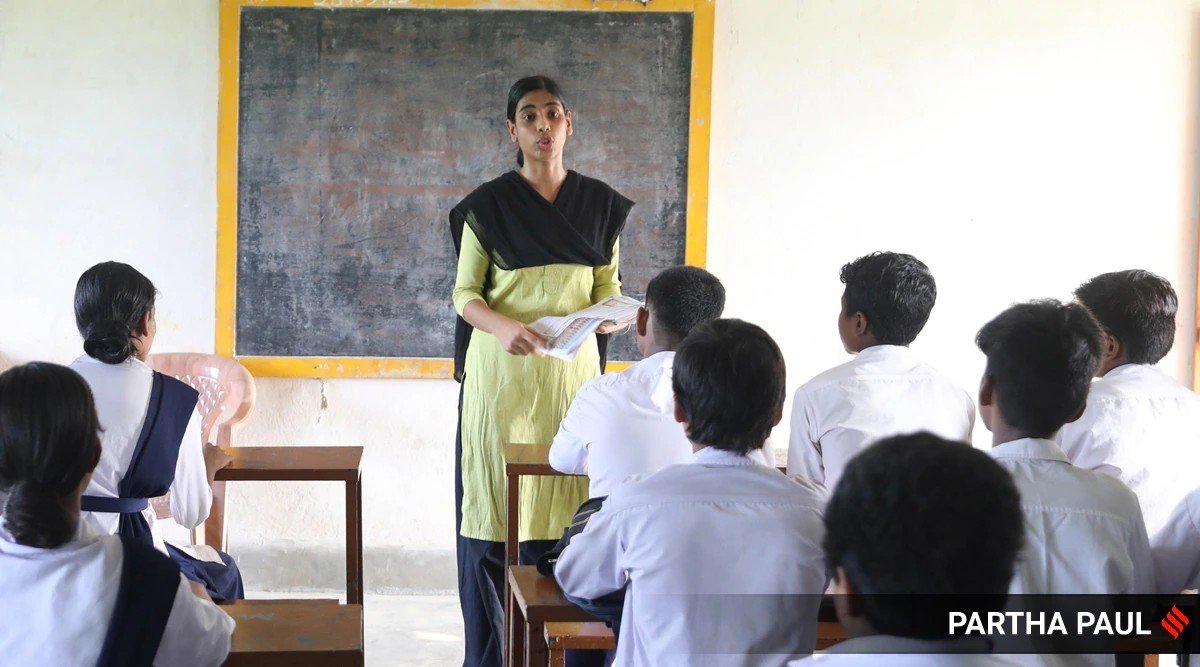Five villages adopted; focus on organic farming, digital literacy, sustainable livelihoods
Munish Sood
MANDI: In a significant stride towards community-driven rural development, Vallabh Government College, Mandi, has been officially selected under the Government of India’s flagship initiative Unnat Bharat Abhiyan (UBA).
The programme, aimed at fostering sustainable development in rural India through the active participation of higher education institutions, marks a new chapter in the college’s commitment to social responsibility alongside academics.
Under this initiative, the college has adopted five villages from Mandi district of Himachal Pradesh — Nasloh, Larwahan, Sadayana, Baggi and Thanaut — to work collaboratively with local communities on improving the quality of life through innovation, education and participatory development.
Dedicated faculty team to lead rural engagement
To spearhead the initiative, the college has constituted a multidisciplinary team of faculty members:
• Dr. Tara Devi Sen – Principal Investigator and Head, Department of Botany
• Dr. Deepali Ashok and Dr. Suraj Mani – NSS Programme Officers
• Prof. Anita – Department of Mathematics
• Dr. Arvind Kumar – Department of Tourism
• Mr. Manoj Kumar – Assistant Professor, Environmental Science
Together with student volunteers, the team will implement five core themes designed to meet the specific developmental needs of the adopted villages.
Key focus areas of UBA project
1. Organic Farming & Rural Entrepreneurship
Promoting eco-friendly agricultural practices and small-scale entrepreneurship to boost local economies.
2. Health, nutrition & sanitation
Conducting awareness drives on hygiene, nutrition and preventive healthcare to enhance overall well-being.
3. Education & digital literacy
Supporting educational outreach, especially for women and children, and promoting basic digital skills such as mobile and computer usage.
4. Sustainable living & traditional knowledge
Reviving indigenous practices and promoting sustainable use of natural resources for environmental conservation.
5. Livelihood generation using local resources
Identifying village-specific crafts, plants and skills to create self-reliant income opportunities.
Speaking on the occasion, Principal Sanjeev Kumar expressed pride in the college’s selection and highlighted the alignment of this initiative with the National Education Policy (NEP).
“This initiative is in line with the objectives of the NEP and represents a meaningful step towards fulfilling the social responsibility of academic institutions. It will give students real exposure to rural life and contribute to their holistic development,” he said.
The core philosophy guiding the project is “Vocal for Local”, with an emphasis on strengthening traditional wisdom and promoting self-sufficiency through local resource utilisation.
Step towards holistic nation-building
The college’s participation in Unnat Bharat Abhiyan reinforces the critical role that educational institutions play in the larger framework of nation-building. By involving students in hands-on rural transformation, the initiative is expected to bridge the gap between academic knowledge and grassroots action.
With preparations in full swing, the college team and student volunteers are set to commence their fieldwork in the coming days, heralding a promising journey toward inclusive and sustainable rural development.





